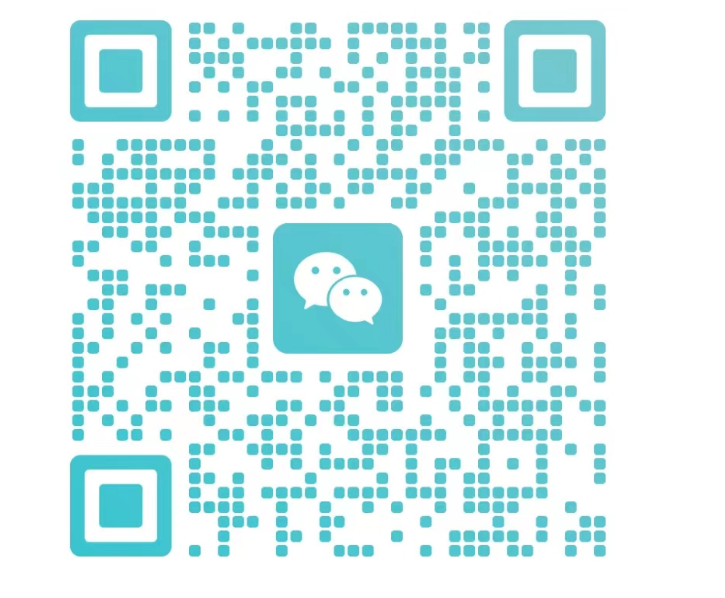Introduction

One of the most common concerns for travelers and expats is the accessibility of money when they are in another country. A visa is a crucial document for entering and exiting a foreign country, but what if you don't have one? Can you still exchange money without a visa? In this article, we will explore the options available for exchanging foreign currency without a visa.
Using ATMs
ATMs are widely available in most countries and are a convenient way to withdraw cash. However, to use an ATM, you will need a debit or credit card that is compatible with the local network. Some banks may require you to notify them before traveling, so they don't block your card for suspicious foreign transactions. If you don't have a card that works abroad, you can try using a prepaid card or a peer-to-peer payment app, which may also allow you to withdraw cash from ATMs.
Exchanging at Local Banks
If you have foreign currency or traveler's checks, you can visit a local bank or currency exchange office to get them exchanged for the local currency. However, some countries may require a visa or another form of identification to exchange money, so it's best to check the local regulations before you go to a bank. In some cases, you may also be charged high fees or unfavorable exchange rates, so it's wise to shop around and compare prices before you make a transaction.
Using a Money Transfer Service
If you need to receive or transfer money across borders, you can use a money transfer service, such as Western Union or MoneyGram. These services allow you to send money to someone in another country or receive money from someone abroad without a bank account or a credit card. However, they may charge high fees or require you to provide personal information and identification to comply with anti-money laundering and anti-terrorism laws.
Negotiating with Locals or Fellow Travelers
In some cases, you may be able to find locals or fellow travelers who are willing to exchange money with you without a visa or a formal transaction. However, this method involves a high level of risk and should be approached with caution. You could be exposed to scams, counterfeit money, or theft. It's also illegal in some countries to engage in unlicensed currency exchange, so you could face legal penalties if caught.
Conclusion
While it's possible to exchange money without a visa, it's important to be aware of the risks and limitations of each method. Depending on your location and situation, some options may be more accessible or secure than others. Always research and compare your options before making a decision, and be mindful of the laws and regulations in the country you are visiting.







